
News writer; Opinion columnist
John Cheeks checked and double-checked until he was sure that the dream was real and that he was living every lottery player's fantasy of winning a $340 million Powerball jackpot.
But his dream turned into a nightmare when he tried to cash in his winning ticket and was told that it was worthless and that he should throw it in the trash.
Now, a battle is on between John Cheeks and the District of Columbia Lottery to determine if his ticket is worth a fortune or nothing at all.
Win big?
The incident started when Cheeks bought two tickets for the Powerball on January 6, 2023. He chose the numbers 07-15-23-32-40 and a Powerball number of 2.
He told USA Today:
All the numbers that I have played are totally common significant related numbers to me and my life.
Cheeks claims that he didn't rush to check the winning numbers for the January 7, 2023, drawing because he was exhausted from meeting with his accountant that day. However, when he checked his ticket the next day on the District of Columbia Lottery website, he saw that his numbers matched those posted as the winning numbers, and he was convinced that he had won the jackpot.
Cheeks said:
“I couldn't believe my eyes, so I turned my laptop off, unplugged it, took it down and started it up again. There were the numbers again, matching my ticket.”
Cheeks planned to pay off his debts, buy his aunt a house, and start a bank that was designed to give home loans to people who traditional lenders had rejected.
Before cashing in his ticket, he met with financial advisors to plan how to manage his newfound fortune and then headed in to collect his winnings.
Wrong number
Cheeks' dreams of millions came crashing down when he went to an authorized lottery retailer and checked his numbers against the numbers that were publicly posted by the Office of Lottery and Gaming claiming center in Washington, D.C.
When he realized that the posted winning numbers didn't match the numbers on the website, he claimed he was told to throw his ticket in the trash.
Upon further investigation, he learned that Taoti Enterprises, a digital advertising agency that runs the D.C. Lottery website, had posted the wrong numbers on the site and left them up for three days. In an administrative hearing, Taoti project manager Brittany Bailey claimed that the incorrect numbers were supposed to be posted on a “test website” but were accidentally put up on the D.C. Lottery site instead.
They also pointed out that while Cheeks' regular numbers matched their wrong numbers, no Powerball number was posted, which should have tipped him off that something was wrong.
See you in court
After being told that his ticket was not a winner and he would not be able to collect the $340 million jackpot, Cheeks decided to file a lawsuit in the Superior Court of Washington, D.C.
In his lawsuit, Cheeks claims that Powerball, the Multi-state Lottery Association, and Taoti Enterprises engaged in “unlawful collusion” to deprive him of his prize and subjected him to unnecessary trauma by making him think he had won.
His suit claimed that he was entitled to the total value of the jackpot, compensatory damages, and lawyers' fees.
In a statement to USA TODAY, Rick Evans, Cheeks' lawyer, said:
This is not merely about numbers on a website; it's about the reliability of institutions that promise life-changing opportunities while heavily profiting in the process. We intend to collect every penny to which (Cheeks) is entitled to right this wrong.
Cheeks cited a situation in Iowa as a precedent in which people were allowed to cash in their winning tickets when Iowa Lottery officials mistakenly posted the wrong numbers on their website. Those tickets, however, were worth between $4 and $200.
Waiting for justice
Cheeks has requested a jury trial and is scheduled to take his case to court this Friday. He says that he currently keeps his ticket in a safe deposit box and still plans to start his home loan bank if he finally collects the money he believes he's owed.
According to the Powerball website, the odds of taking home a jackpot are 1 in 292 million, but Cheeks believes that he beat the odds and deserves to be paid.
“You know, we have to create fairness in the game. A win is a win,” he told NPR. “I'm just a customer who purchased those tickets. That's all.”
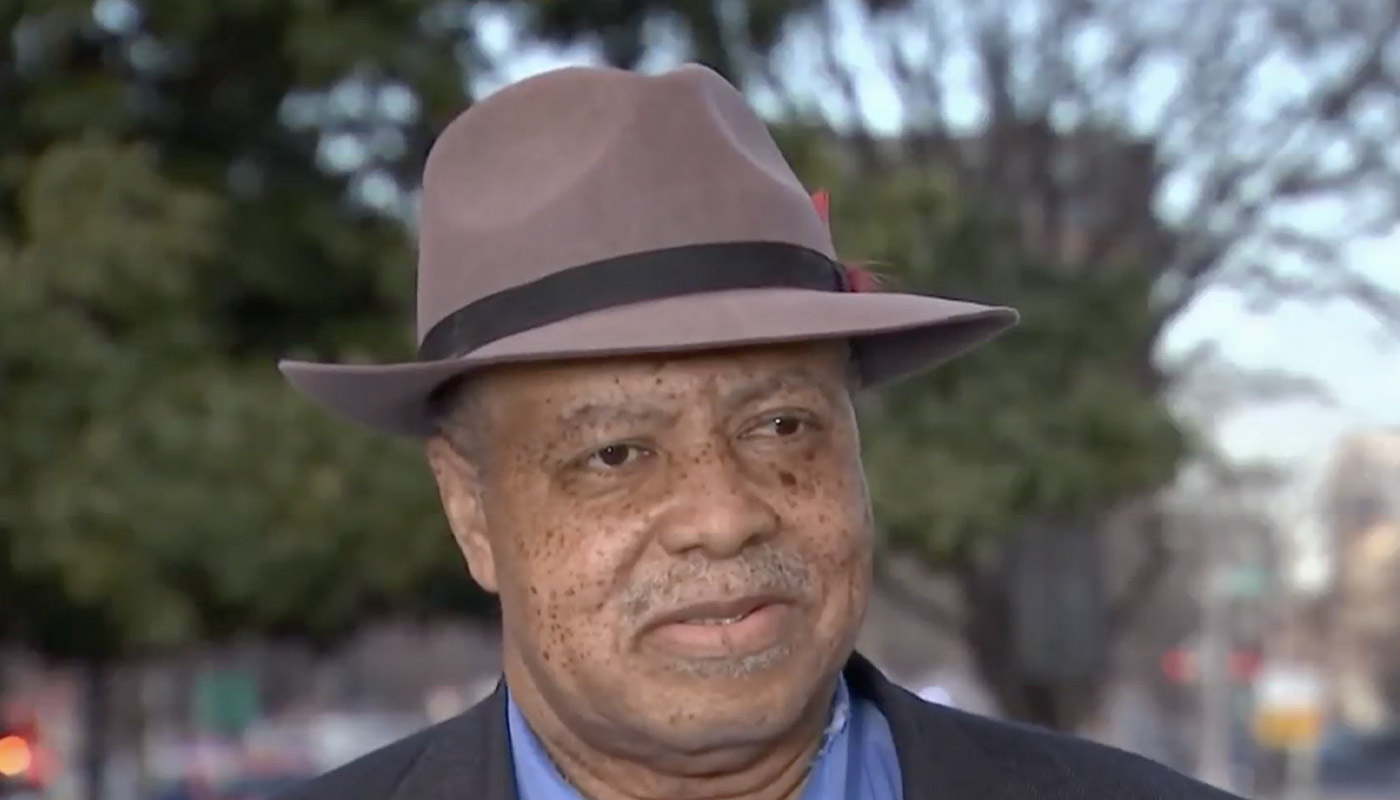
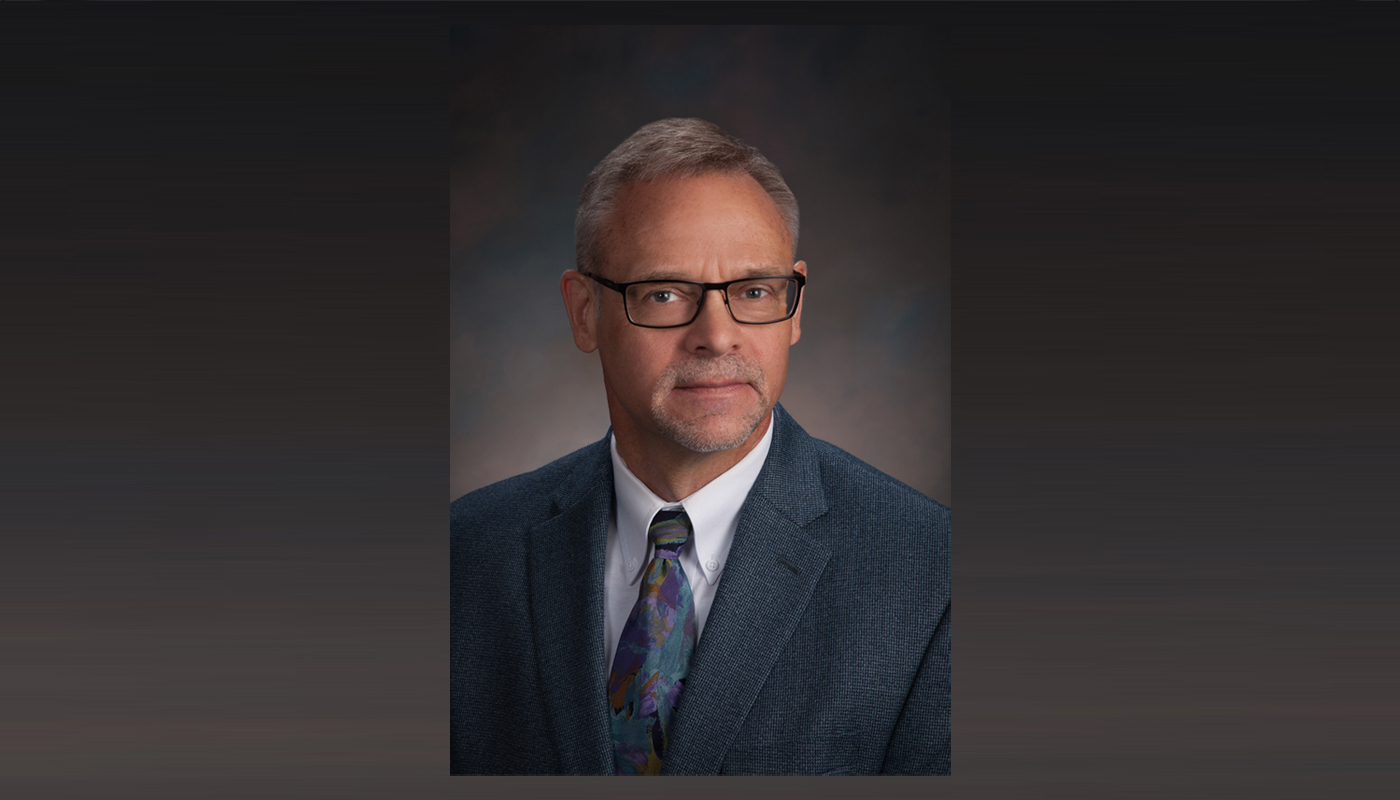

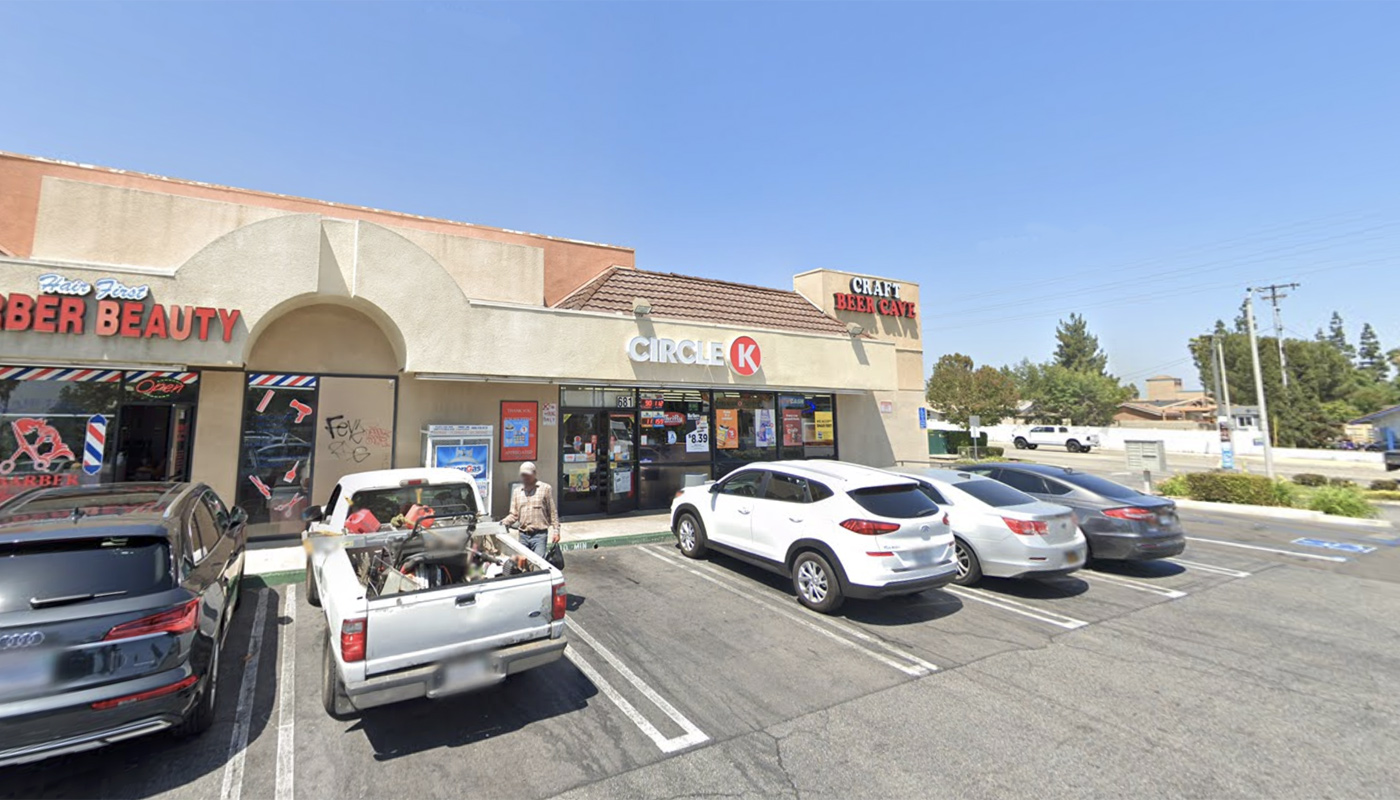

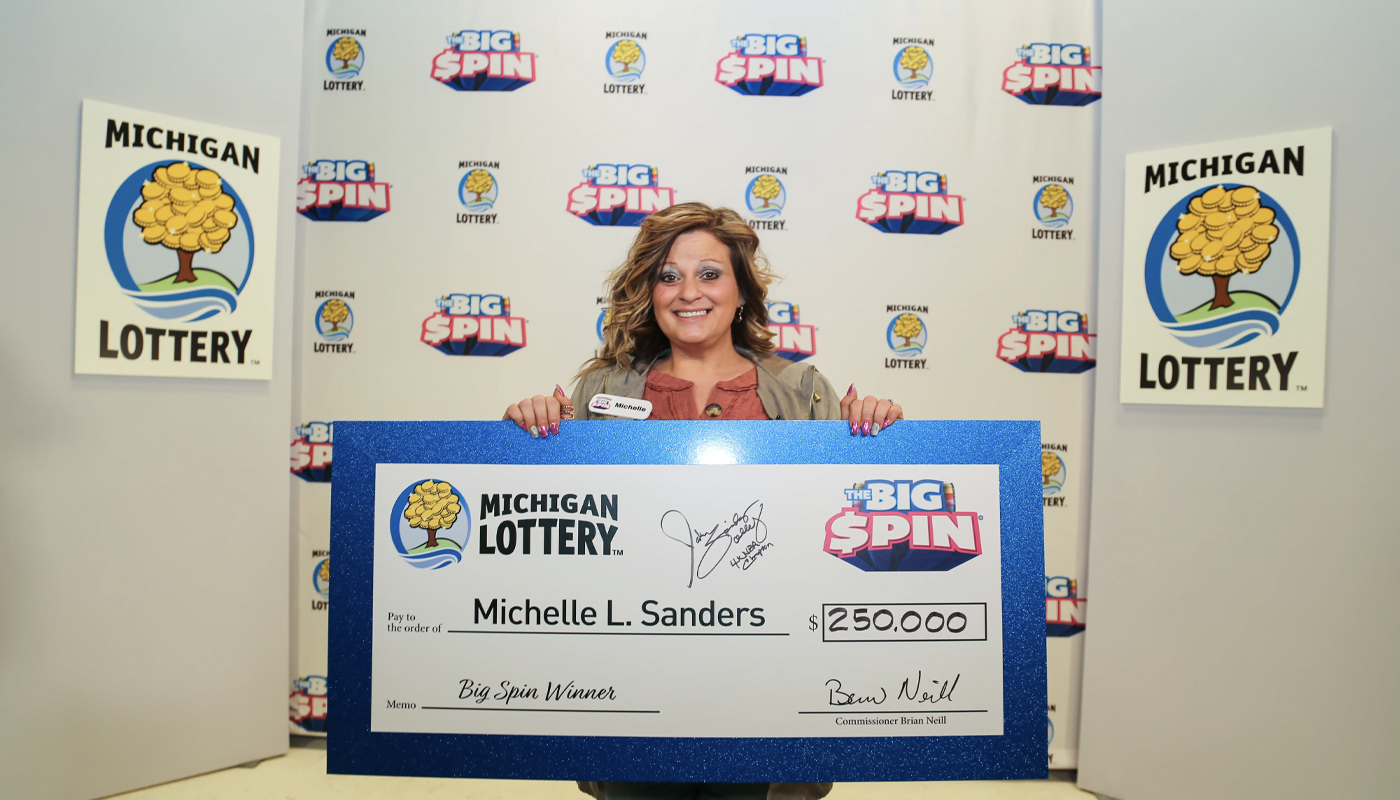
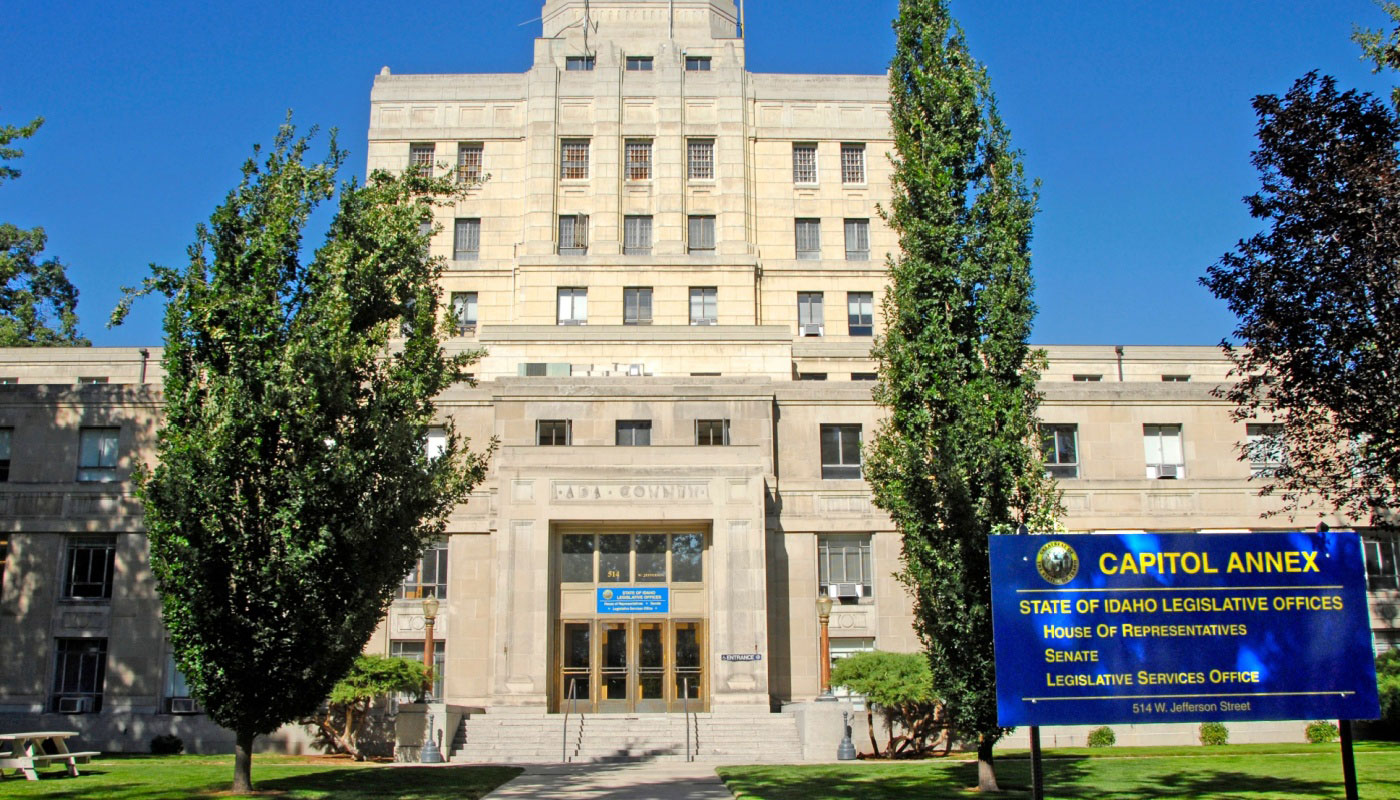
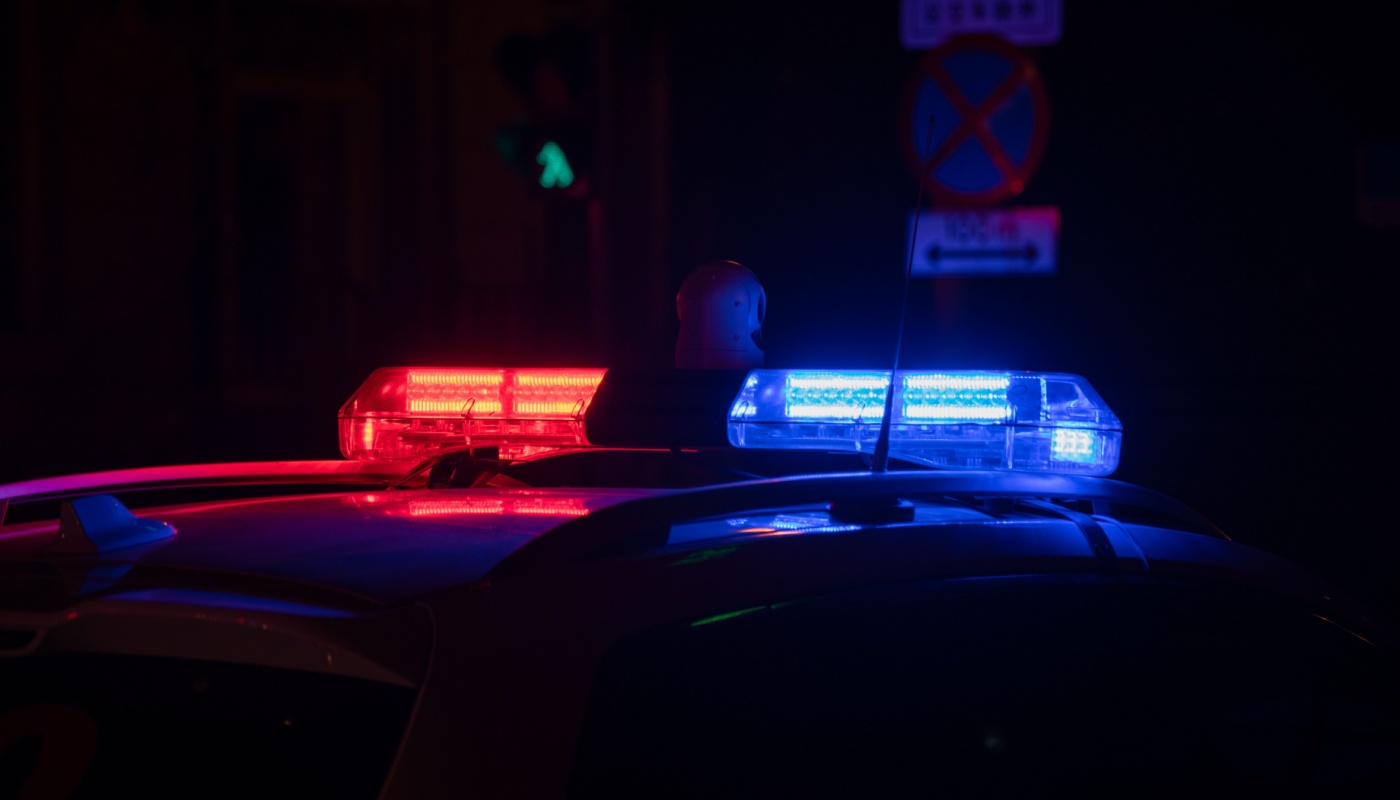
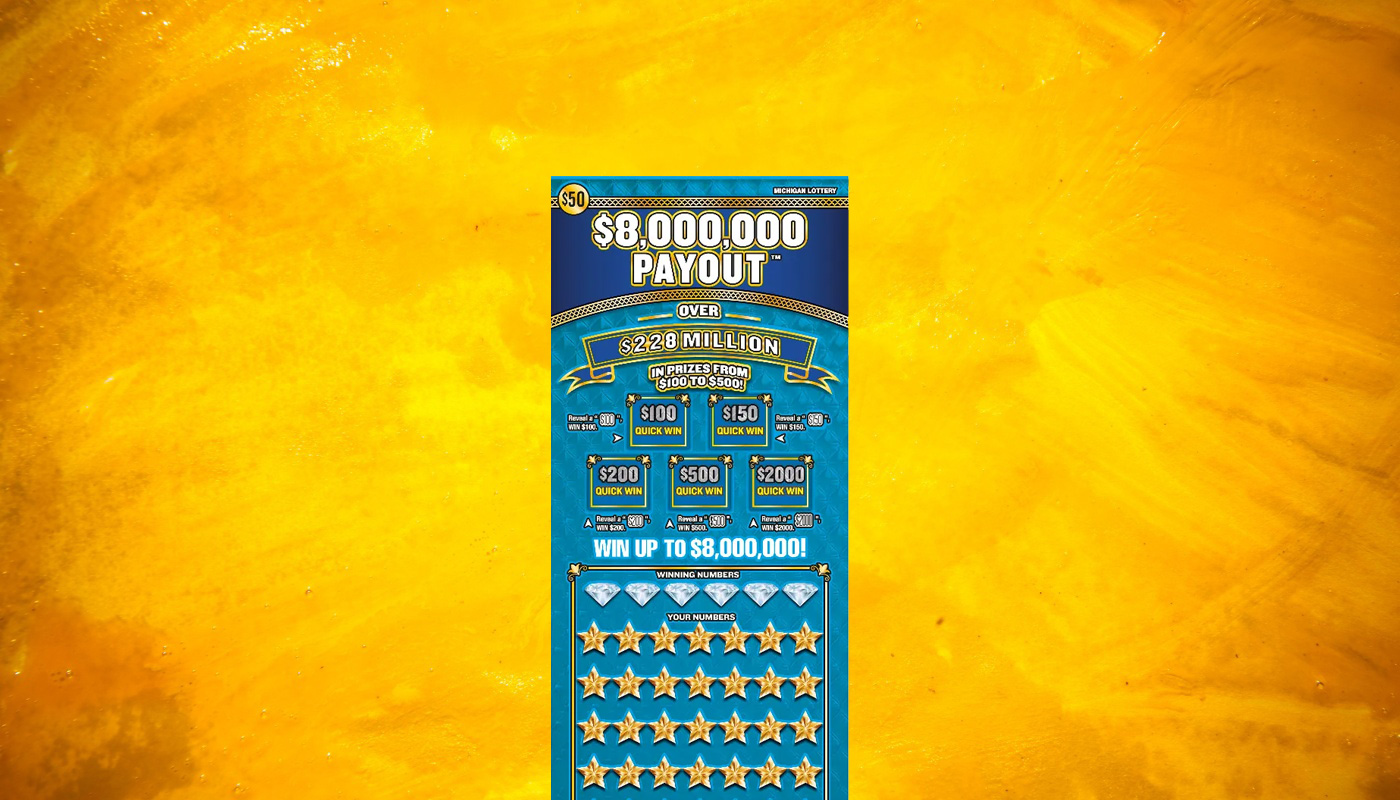









Comments